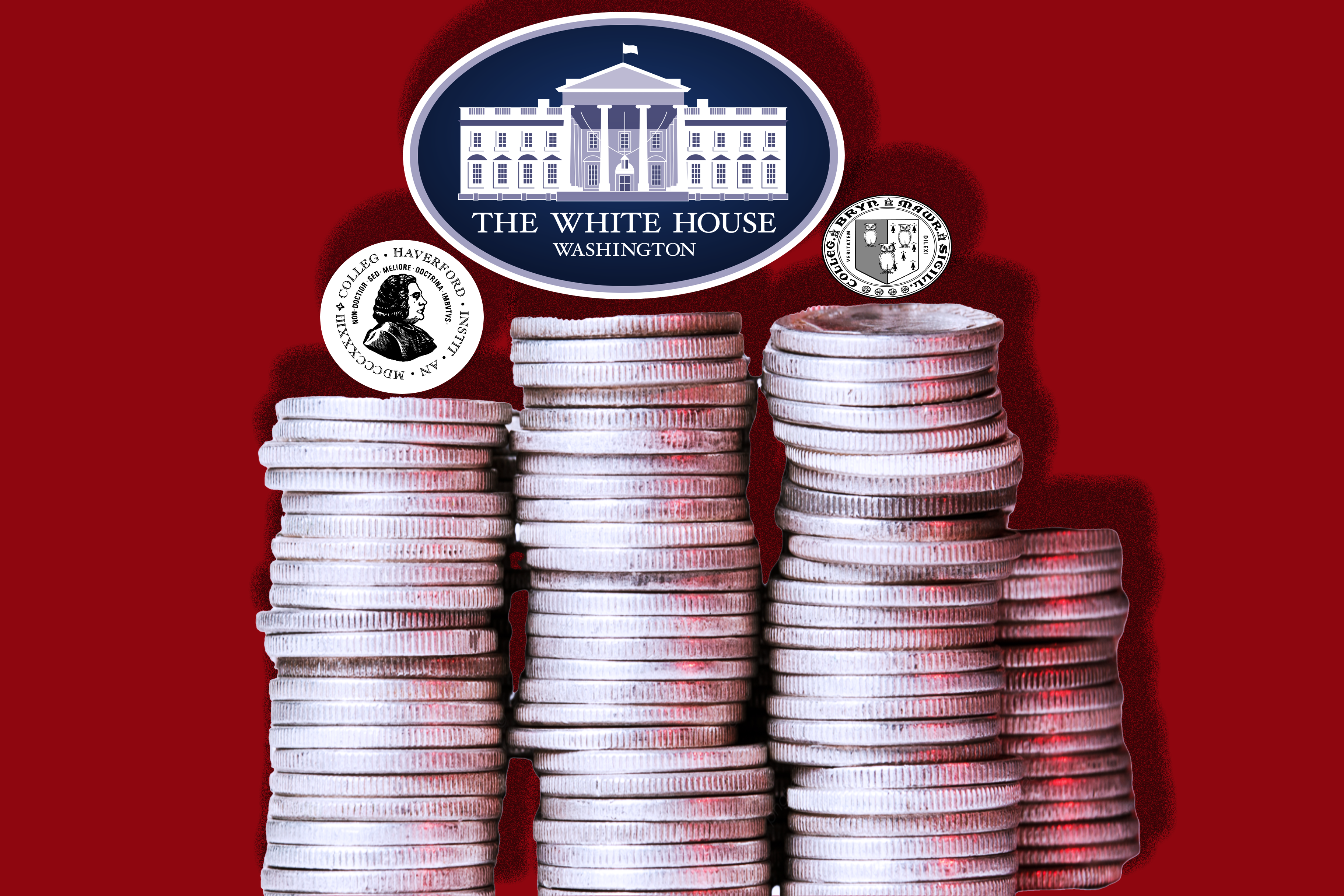President Donald Trump and his allies have proposed increased taxes on scholarships and large college endowments in addition to ending Biden-era student loan forgiveness programs in numerous bills recently. It is currently unclear which of the many floating around Congress will be enacted, but some may affect the Bi-Co and its students.
Curbing government spending has been paramount to the new administration, with Donald Trump creating the new Department of Government Efficiency, headed by Elon Musk and Vivek Ramaswamy. Trump himself often criticized colleges and universities for their “wokeness” while on the campaign trail. Some of these proposals could go to a vote in Congress in the coming months, but it is unclear whether they would pass as Republicans only hold a slim majority in the House.
Scholarship Taxes
Previously, scholarships and fellowships have been exempt from taxes as long as they go to tuition or related expenses. If the Trump administrations succeeds in doing away with this policy, it will surely have a large impact on the Bi-College community. Recent data show that 64% of the over 15 million current undergraduate students have some kind of scholarship. Many experts have asserted that these taxes would make higher education more expensive for students and their families.
Endowment Taxes
There is no exact bill in effect yet for endowment taxes. In December of 2023, then-Senator JD Vance proposed raising the tax on endowments over $10 billion from 1.4% to 35%, which he said would reduce funding for “DEI and woke insanity”. Neither Bryn Mawr nor Haverford’s endowments exceed $10 billion, with Bryn Mawr’s at $1.2 billion in 2024 and Haverford’s at $702 million. However, it is not certain that the Bi-Co would escape these taxes as several other Republicans in Congress have introduced bills similar to Vance’s with different guidelines. It remains unclear which, if any, of these bills has the highest possibility to be enacted.
Student Loan Program Cuts
Many Republicans are also interested in doing away with many Biden-era student loan repayment programs. One of those programs is the SAVE plan, which doesn’t require borrowers to make payments on their student loans if they make less than $32,800 a year. It also prevents interest accumulating provided that borrowers are making their monthly payments. This program was already placed on hold due to challenges from Republicans. Other programs appear to be in danger of being cut as well, such as one that allots borrowers more chances to recover from defaulting on a loan.
Trump has proposed, and in some cases enacted, numerous orders regarding higher education during his first month in office including an executive order that aimed to open federal investigations into anti-Diversity, Equity and Inclusion (DEI) programs at institutions with an endowment over $1 billion, something which Bryn Mawr qualifies for. With so many different proposals floating around Congress right now, it is likely that the Bi-Co will be feeling the effects of one or multiple of these bills in the coming years. So far, neither college has released a statement about these threats.
